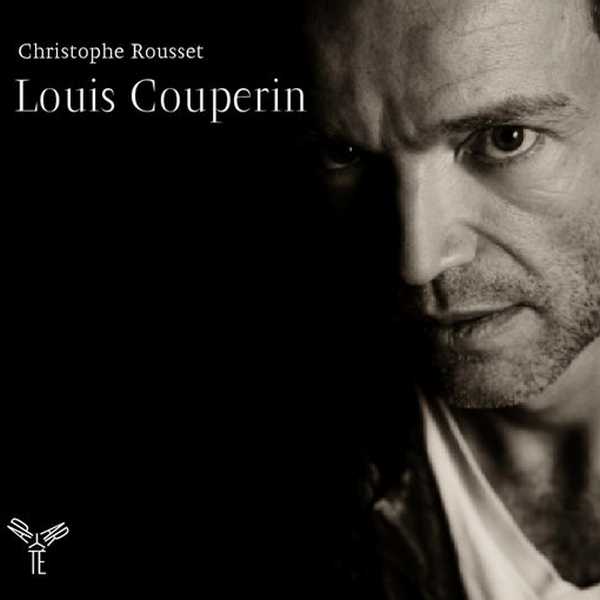

Composer: Louis Couperin
Performer: Christophe Rousset
Number of Discs: 2
Format: FLAC (tracks)
Label: Aparté
Catalogue: AP006
Release: 2010
Size: 2 GB
Recovery: +3%
Scan: yes
CD 01
Suite en fa majeur
01. Prélude
02. Allemande grave
03. Courante
04. Sarabande
05. Branle de Basque
06. Gigue
07. Gaillarde
08. Chaconne
09. Tombeau de M. de Blancrocher
Suite en sol mineur
10. Prélude
11. Allemande
12. Courante
13. Sarabande
14. Passacaille
Suite en do majeur
15. Prélude
16. Allemande
17. Courante
18. Sarabande
19. Passacaille
CD 02
Suite en do mineur
01. Prélude
02. Allemande la précieuse
03. Courante
04. Sarabande
05. Gigue
06. Chaconne la Bergeronnette
Suite en ré mineur
07. Prélude
08. Allemande
09. Courante
10. Sarabande
11. Canaries
12. Volte
13. La Pastourelle
14. Chaconne
Suite en la mineur
15. Prélude à l’imitation de Me Froberger
16. Allemande l’amiable
17. Courante La Mignone
18. Sarabande
19. La Piémontoise
20. Pavane en fa dièse mineur
Christophe Rousset is one of the most brilliant harpsichordists of his generation, whose recordings have been hailed by the international press, including those of François Couperin for harmonia mundi. This is the first time he has recorded works by Louis Couperin. He preferred not to record the complete works, as he explains:
“For this recording, we have selected the very finest pieces by Louis Couperin. We ruled out the idea of performing all the pieces – that has already been done by some of our eminent colleagues. We did not want to have three Courantes in succession or a Chaconne and a Passacaille following each other in the same key, nor for the suites to be unnecessarily long, and lacking the coherence and pertinence that the form requires. Although the material available would have enabled us to put together several suites, we decided to present just one suite in F or in A. And generally we have followed the order of Parville rather than of Bauyn. Thus, I believe, the listener will be able to apprehend Louis Couperin at his most expressive, in the richness of his harmonies and rhetoric, and in the subtle contrasts that make him one of the most amazing precursors not only of his nephew François Couperin, le grand, but also of Jean-Baptiste Lully.”
The organ music of Louis Couperin, an uncle of François, clearly pointed toward the French High Baroque style and has received a good number of recordings, but his harpsichord music is less fortunate. This is largely because they’re imperfectly understood, at both the macro and micro levels. This release by celebrated French keyboardist Christophe Rousset contains half a dozen works designated as suites, but those are entirely his own creation. They exist only in manuscript, grouped mostly by dance rhythm; there are some ground bass pieces and some preludes without bar lines in a separate group. These are the subject of interpretive speculation, as well, and when Couperin’s music began to come to light there were some rather woolly versions. Rousset’s playing might be described as sensible, and it makes a good place to start for those curious about the sources of the highly stylized French harpsichord music of the early 18th century. Rousset assembles the pieces logically into suites in the same key, beginning with one of the preludes, followed by several dances, and concluding mostly with a passacaille (passacaglia) or chaconne. His playing is stately and rather sober throughout, doing nothing radical with the preludes but letting them set the tone for the rest of the music. Rousset arranges the dances so as to highlight one of the most attractive features of Couperin’s music: its occasional tendency toward harmonic shock. Best of all, he uses an unusually old instrument, a 1658 harpsichord that fits the music to a T with its plummy, rather quiet, yet muscular sound. The music here is not François Couperin in chrysalis, but has distinctive charms of its own, and Rousset has done as well as anyone in getting at them. Booklet notes are in French and English.